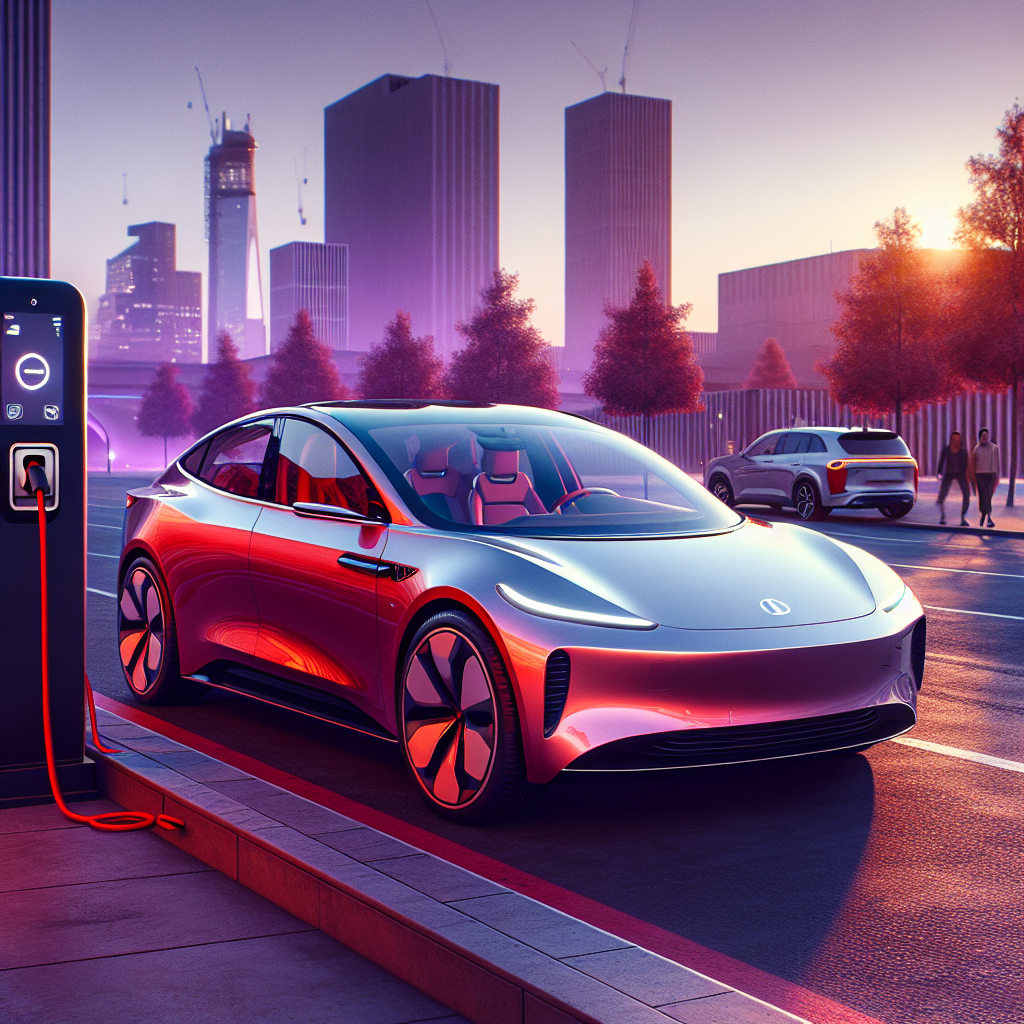Future of Electric Vehicles in India
Union Minister Nitin Gadkari spoke at ACMA's annual session, highlighting that electric vehicles can now maintain their cost without subsidies due to falling lithium-ion battery prices. He assured that EV costs will match petrol and diesel vehicles in two years. The minister highlighted India's potential to be the top automotive manufacturing hub.

- Country:
- India
On Monday, Union Minister Nitin Gadkari stated that electric vehicles (EVs) can now sustain their costs without relying on subsidies, thanks to declining lithium-ion battery prices. According to Gadkari, who spoke at the annual session of the Automotive Components Manufacturers Association (ACMA), the costs of EVs are set to equal those of petrol and diesel vehicles within two years.
Gadkari noted, "First of all, I am not against any subsidies. I don't have any problem," when questioned about the need for further incentives to accelerate EV adoption, which has been slower than anticipated in India. He highlighted that the price of lithium-ion batteries has dramatically dropped from USD 150 per kilowatt hour to USD 108-110 per kilowatt hour, and he is confident it will fall to USD 100 soon.
Furthermore, Gadkari expressed optimism that India could become the world's leading automotive manufacturing hub due to advancements in technology, a talented and affordable workforce, and the global reputation of India's auto industry. Despite market forces driving the momentum, Gadkari mentioned that government subsidies for old vehicle scrappage would still benefit the industry.
(With inputs from agencies.)
ALSO READ
Modi Urges Automotive Industry to Adopt Global Best Practices and Clean Mobility
India to Lead Global Lithium-Ion Battery Exports: Gadkari
Rising Risks: Lithium-Ion Battery Overheating on Airlines
Driving Innovation: Automotive Industry's Quest for Self-Reliance
Revving Towards a Self-Reliant India: Gadkari's Vision for the Automotive Industry










